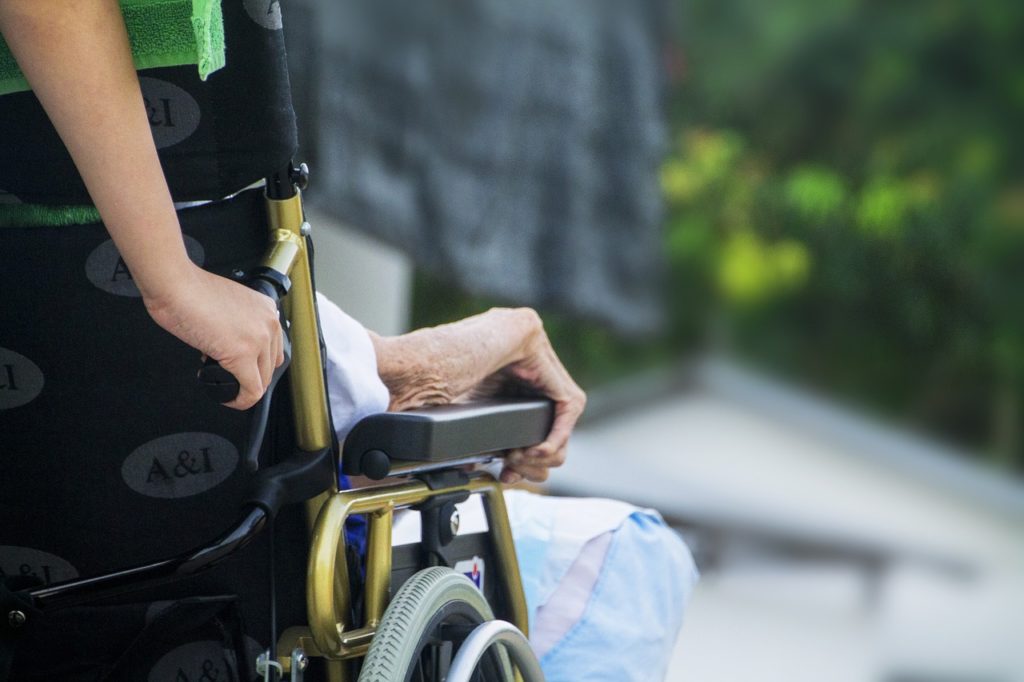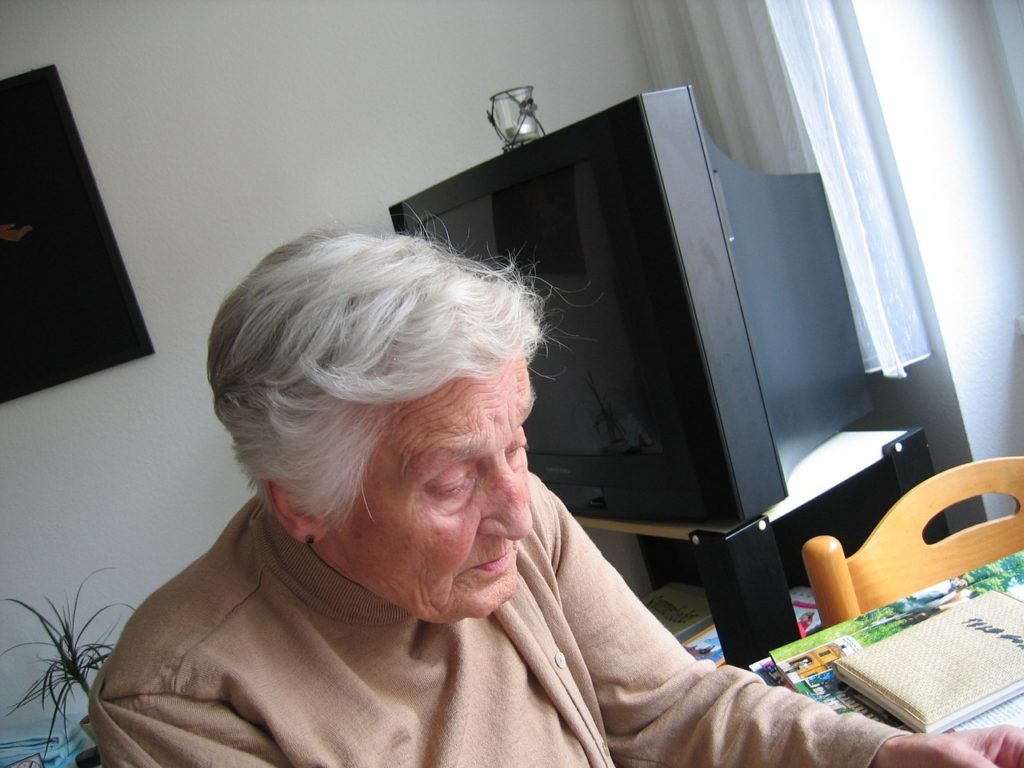The line “no human is an island” rings true. Human beings are social creatures. No matter how old one is, we have social needs that have to be satisfied. These needs could be about being loved, fitting into our crowd, and belonging to a community.
With satisfying social needs, one’s quality of life is significantly improved, resulting in less likelihood of falling into depression or any other illnesses.
As we age, though, our needs and priorities change. While we do not have health problems and mobility concerns when we are younger, these issues become more evident as we near our twilight years. Eventually, we will need help doing even the smallest of tasks.
Addressing the Social Needs of Older Adults
Recent data by the United Nations on World Population Aging shows that globally there are 703 million people aged 65 or over in 2019. It is projected that it will increase to 1.5 billion in 2050. Regions such as Eastern and South-Eastern Asia, Latin America, and the Caribbean are seen to be the fastest in population aging.
Despite cultural differences, though, one thing remains the same — older adults have some level of social needs that has to be met.
Studies have indicated though not older adults have varied social needs from each other. After all, there are cultural and individual differences that have to be considered.
Some cultures tend to be more supportive of their elderly population than others. The communities and government exert efforts to make seniors feel that they are still significant. Also, everyone has a different personality. There are those older adults that do not need to be close-knitted with their communities to be happy.
How We Can Show Our Care to Older Adults
In today’s age, when people tend to marry much later and have fewer kids, aging societies are becoming prevalent. This is not only an issue that healthcare providers and national leaders need to address, but it also concerns everyone who has an older family member.
Ensuring that the elder member of your family stays healthy is more than just medication and treatment. Apart from those, here are some pieces of advice to make sure they stay independent, comfortable, and happy as much as possible.
1. Educate Yourself
Perhaps the most important piece of advice when caring for an elderly individual is to keep oneself updated on any latest innovation and best practices when it comes to elderly care.
Healthcare authorities advise exploring educational resources made for older adults and their caregivers listed by the Substance Abuse and Mental Health Services Administration. The Administration for Community Living also published information on best practices that can easily be followed.
This database in caregiving is said to be specifically designed for those who are taking care of individuals with dementia.
2. Keep Care at Home
Though we constantly worry about their health and safety when living independently, most older adults prefer to stay in the comforts of their own homes as they age.
You can look for a care provider who can deliver such necessity outside of a hospital setting. Such an arrangement could mean regular home visits by care providers or telehealth appointments — the latter proving to be useful amid the pandemic.
It is crucial to have proper coordination of service among those providing care for your elderly loved one. This covers everyone from the doctor down to the cleaning service provider.
3. Foster Social Inclusion
 Older people tend to be socially isolated, which causes depression and mental and emotional distress. It also places them at a greater risk of developing dementia.
Older people tend to be socially isolated, which causes depression and mental and emotional distress. It also places them at a greater risk of developing dementia.
Also, as elderly individuals become more and more reliant on their family for support, most feel like they are becoming a burden. So, it is up to us to make them feel significant and useful by creating opportunities to play an active role in the family and community.
It could simply be like folding laundry, allowing them to help prepare food, or taking them with you when running errands. If your elderly loved one feels like a contributing member of the family, they feel less burdensome and isolated.
4. Open Communication
There will always be a time when you have to face tough conversations about the future of your elderly loved one, whether it be with another family member or themselves. Sensitive topics such as putting them in a hospice or ending their life care should be threaded carefully.
As early as now, try to nurture honest and mindful communication with them. Doing so makes it simpler for everyone to have any pressing issues in the future.
Final Word
Not all of us are lucky enough to grow in a ripe old age. Though it can be truly challenging taking care of an elderly loved one, it is still rewarding in the end.
Nurture meaningful relationships with the seniors in your family and community. Even a casual conversation can make a huge difference in their day.





